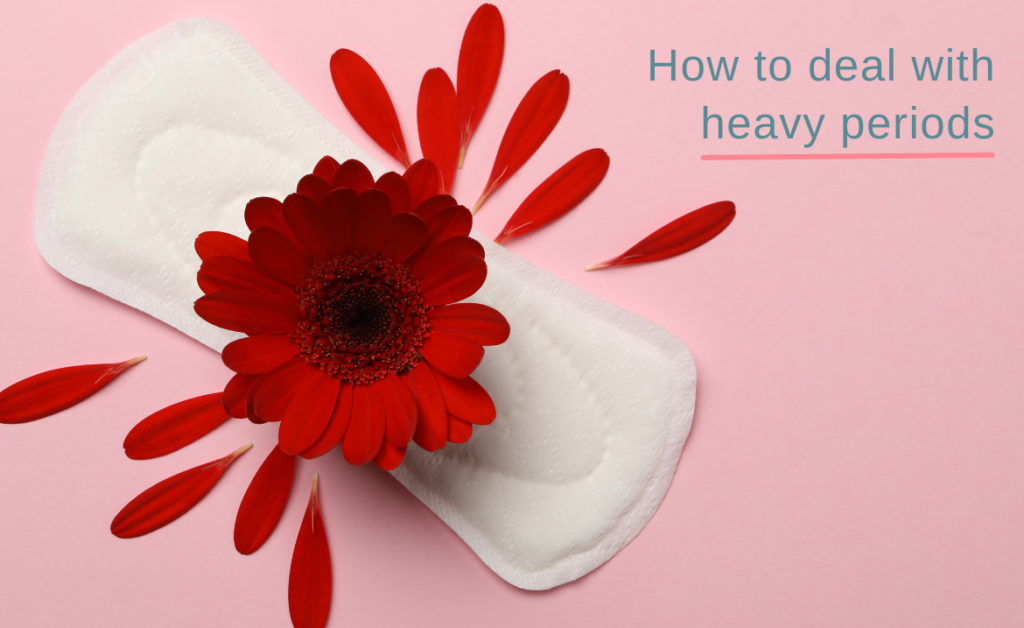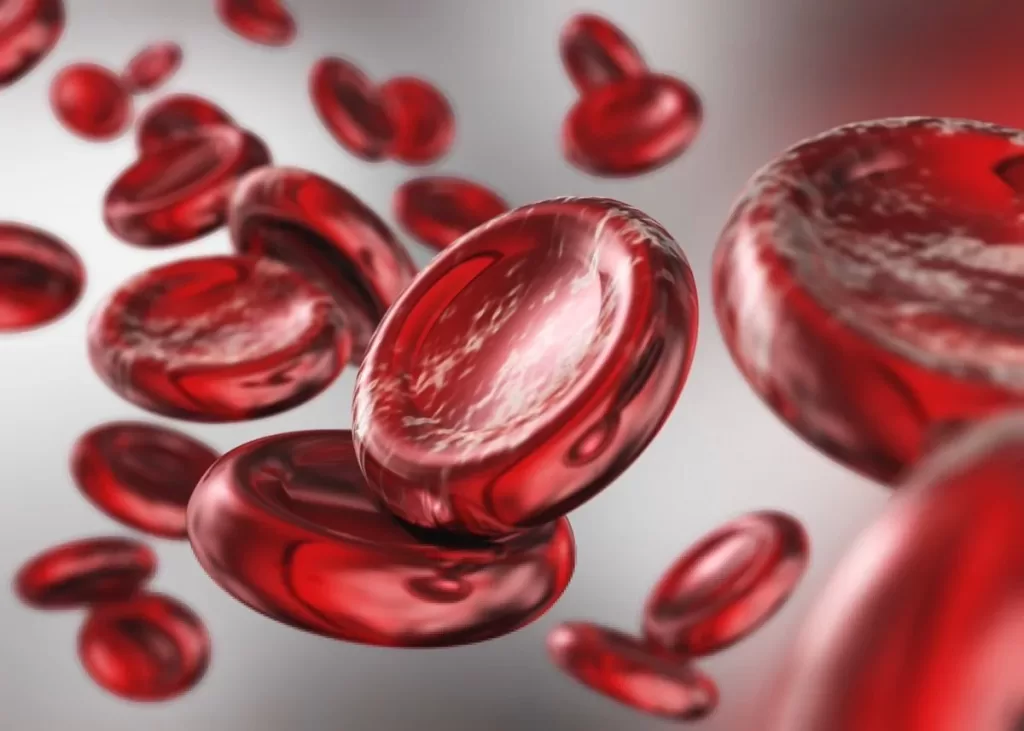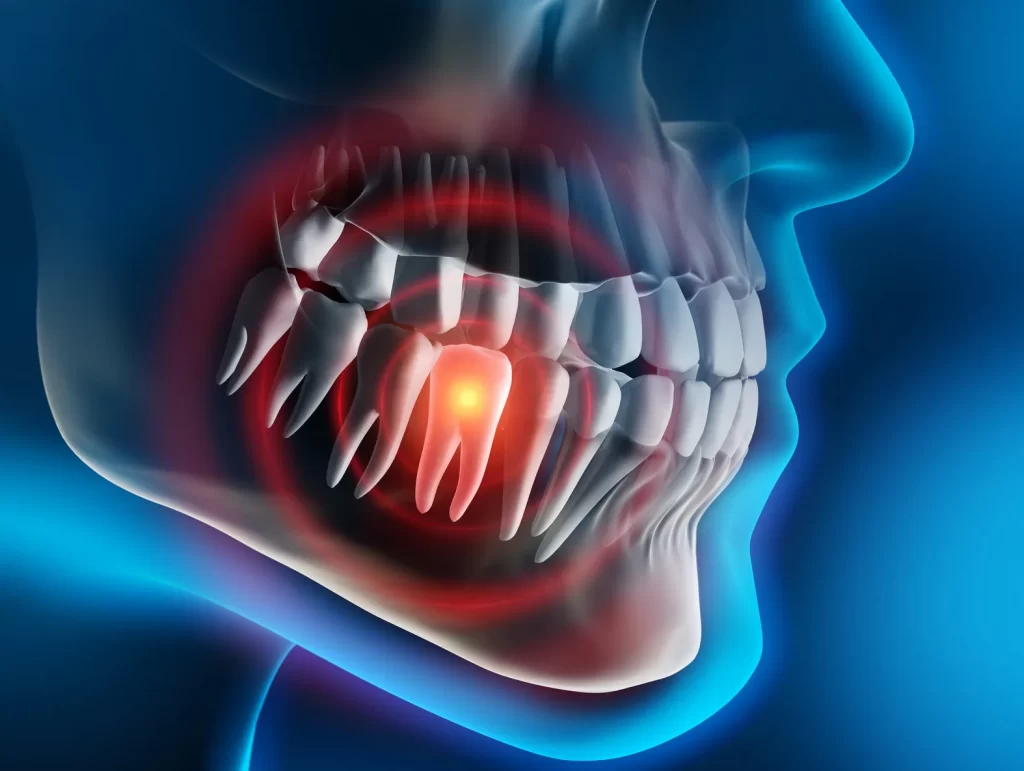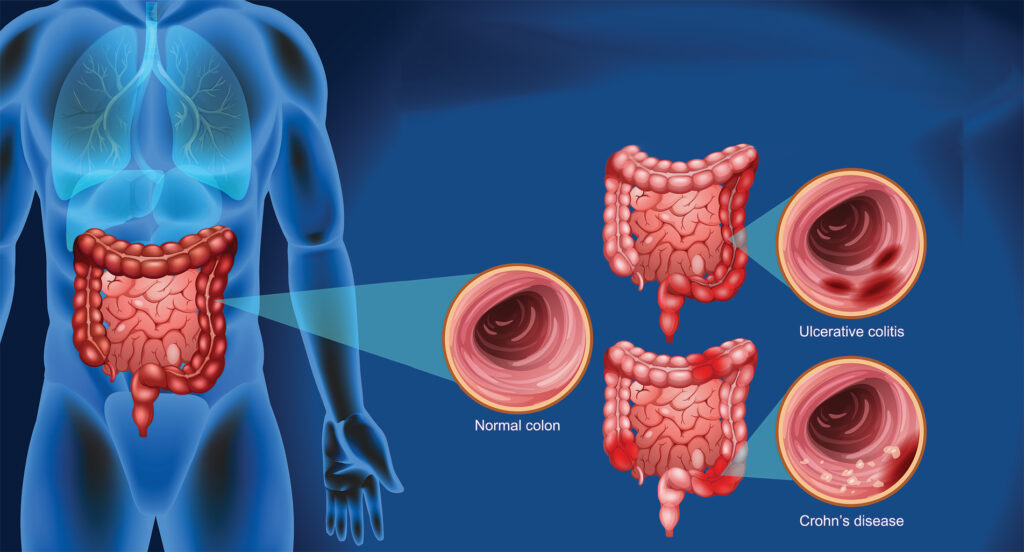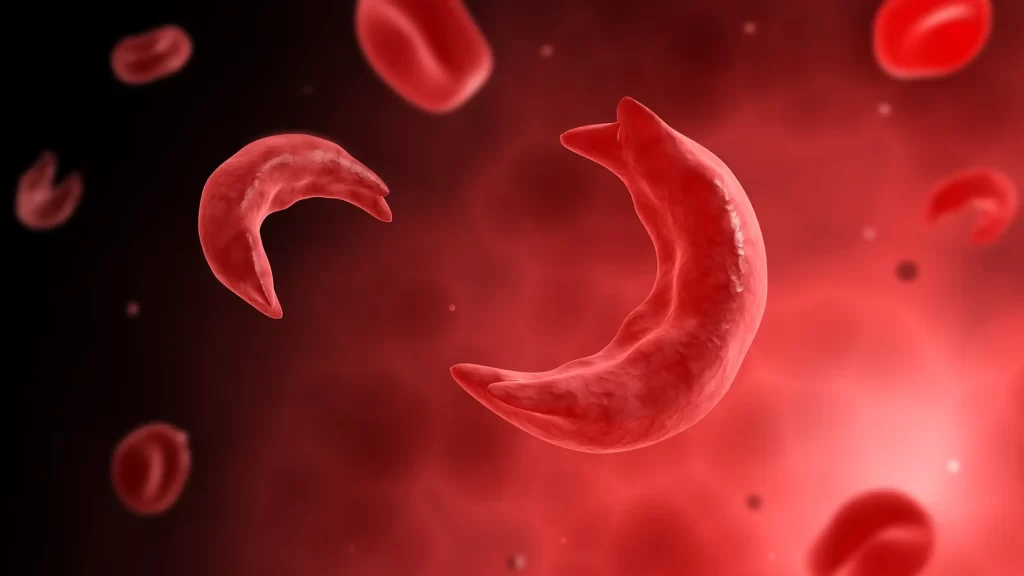During their periods, many women suffer from difficulties like pain, cramps, and irregular or extremely heavy bleeding. A woman’s menstruation is most likely heavier than usual if she needs to change sanitary pads or tampons more frequently than every few hours. If your daily life is being affected by your menstrual bleeding and the blood is making you feel physically weak, then the bleeding is too heavy.
What is “menorrhagia”?
Approximately 10% of women experience heavy periods. Prolonged menstrual bleeding is defined as a menstruation lasting more than five to seven days. Menorrhagia is the medical word for these two issues. Because they frequently share an underlying cause, they frequently occur together. Some women have found practical coping mechanisms for their heavy periods. Medication to lessen the bleeding might be an option if the bleeding triggers issues, such as an iron shortage. Another option is surgery.
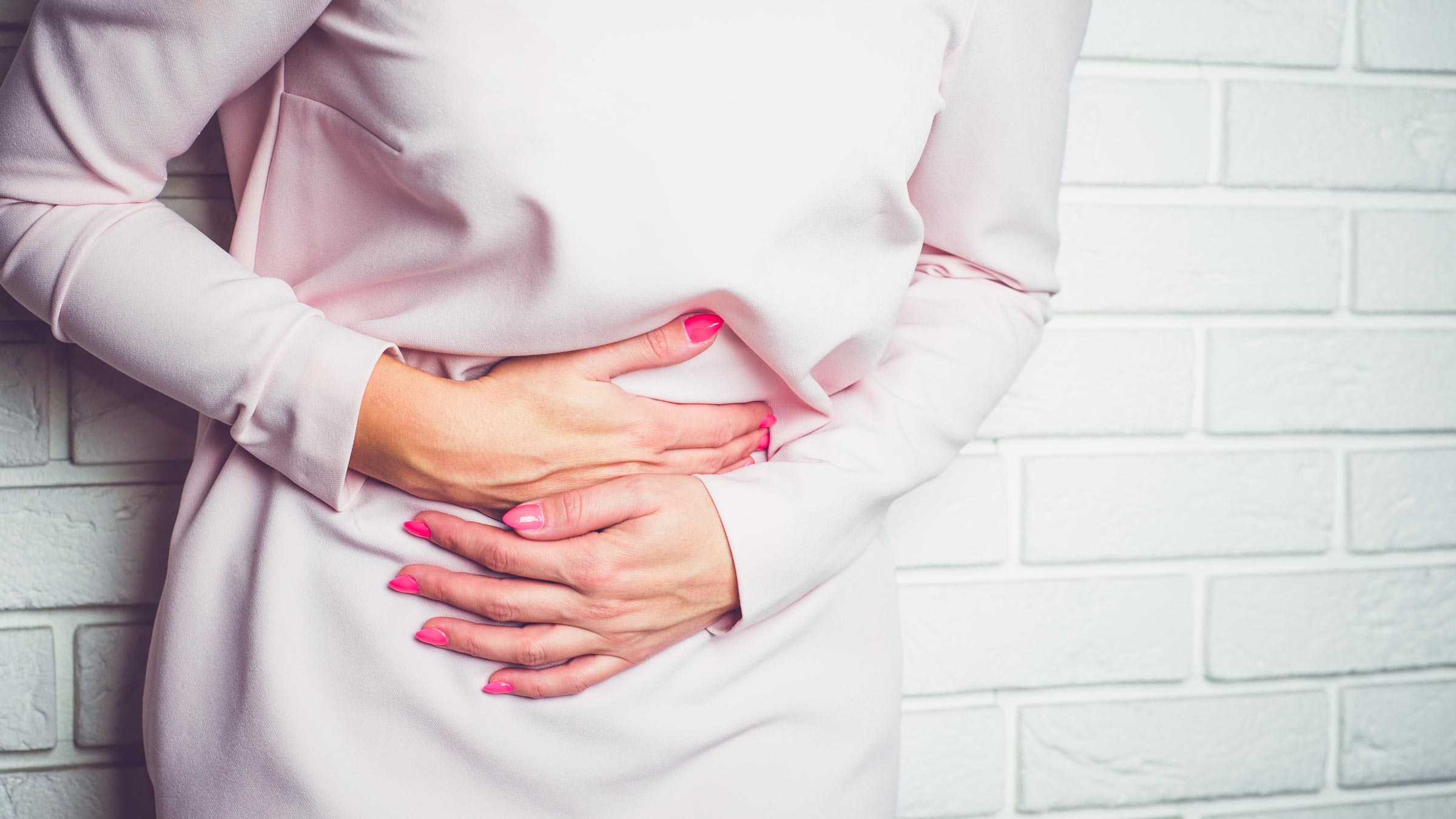
There are three categories for menstrual flow volume: mild, normal, and heavy. According to weighted menstrual products, heavy menstrual bleeding is defined for research purposes as blood loss above 80 mL per cycle. There is no official diagnosis for heavy menstrual bleeding; it is a subjective symptom. Heavy menstrual bleeding that impairs a female’s emotional, social, and/or physical quality of life is what the National Institute for Health and Care Excellence (NICE) describes. Notably, two people may perceive their flow volume very differently even when they have the same volume of blood loss.
4 Signs You’re Losing Too Much Blood During Period
Typically, 60 milliliters (about two ounces) of blood are lost in one menstrual cycle. It takes roughly four hours for an everyday tampon or pad to get completely soaked at this rate of bleeding. However, that is only an average; some days have higher menstrual flow than others. If a woman consistently loses more than 80 milliliters (2.7 ounces) of blood during one menstrual period, doctors consider her to have heavy periods. Signs of heavy menstruation include:
- Having to empty your menstrual cup after a few hours or frequently needing to replace pads or tampons after just one or two hours
- Feeling weak, exhausted, and lethargic during your menstrual cycle
- Having a lot of big blood clots in your menstrual blood
- Heavy menstrual bleeding may also be indicated by a sudden Gush of blood during a period. This could show up as big blood clots or the need to change your tampon every two hours.
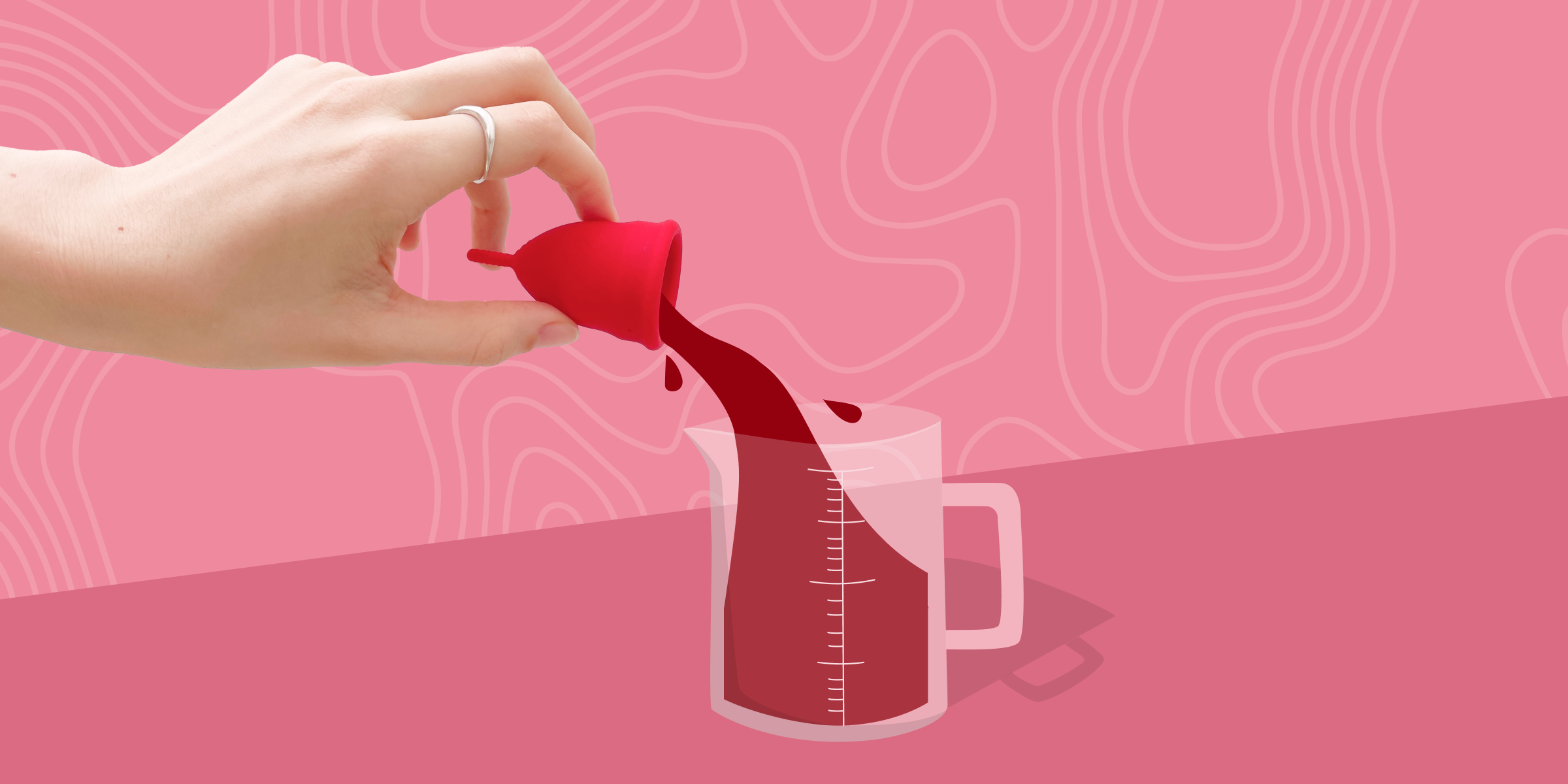
Causes of Heavy Periods
The womb’s inability to contract (tighten and squeeze) correctly is the most frequent cause of heavy periods. The lining of the womb is often shed with the aid of womb contractions and then exits the body with some blood. They also aid in preventing the bleeding from continuing for an extended period of time. Large benign growths like fibroids or polyps can interfere with the womb’s muscles’ ability to contract normally. Fibroids form in the womb’s muscular layer, while polyps proliferate in the lining. Additionally, contraceptive coils can prevent the muscles from contracting correctly.
Inflammations in the womb or fallopian tubes, as well as adhesions (bands of scar tissue) in the womb, are also typical causes of heavy periods. These adhesions may develop as a result of severe endometriosis or surgery, or they may be present from birth. Heavy periods are rarely caused by malignant growths such as cervical or uterine (womb) cancer.
Rarely, heavy periods can also be caused by other medical ailments such as blood clotting abnormalities, hormone disorders, or issues with the liver, thyroid, kidneys, or heart. Sometimes, however, there is no obvious cause.
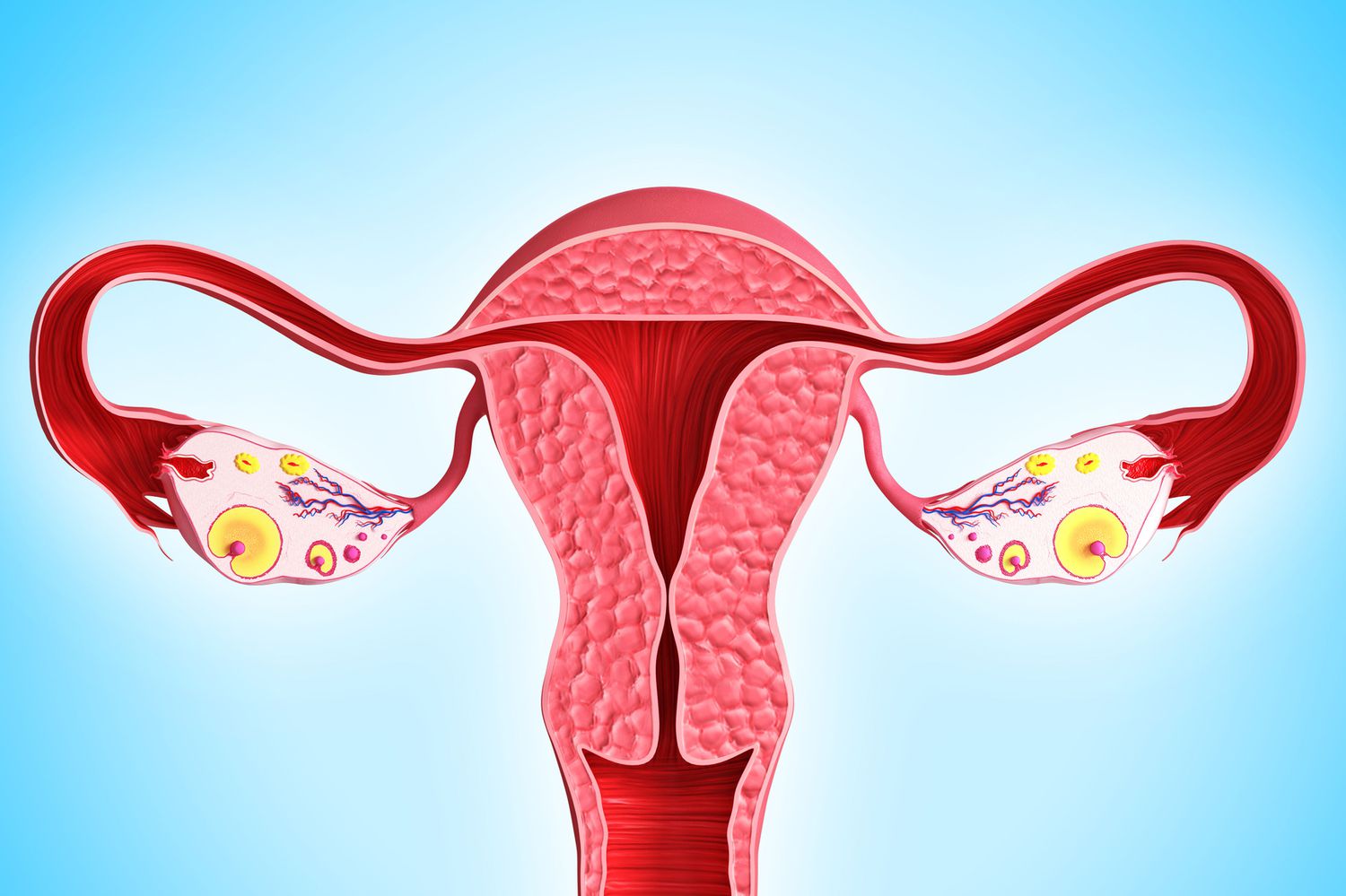
Treatment of Heavy Periods
The treatment options for heavy periods depend on the cause:
- Medication: There are special medications that can reduce bleeding. Many women also take painkillers that lower the amount of bleeding a little, such as non-steroidal anti-inflammatory drugs (NSAIDs); these medications include ibuprofen and diclofenac. Acetylsalicylic acid (the drug in medicines like Aspirin) is not suitable for treating heavy periods, though.
- Hormonal treatment: Contraceptives like birth control pills or hormonal IUDs (coils) reduce menstrual bleeding by inhibiting the growth of the lining of the womb.
- Surgery: The lining of the womb can be removed or damaged (endometrial resection or ablation) if the woman no longer wants to become pregnant and her heavy periods are causing her a lot of trouble. A hysterectomy is a more complex procedure that involves removing the womb itself. Fibroids, polyps, and other non-cancerous tissue growths in the womb can also be surgically removed.
Heavy periods don’t always require treatment as long as they aren’t contributing to anemia. The decision about whether you still wish to have children can also affect your treatment options. The best treatments restrict a woman’s capacity for pregnancy, either permanently (as with a hysterectomy) or temporarily (as with the pill).
Colors of Period Blood
Bright red is not the only potential color for period blood. At different points during your menstrual cycle, you may notice pink or dark red blood. Blood during menstruation may appear black, orange, green, grey, or brown for a variety of reasons, such as illness or early pregnancy. Furthermore, your menstrual blood’s color may change every day or every month.
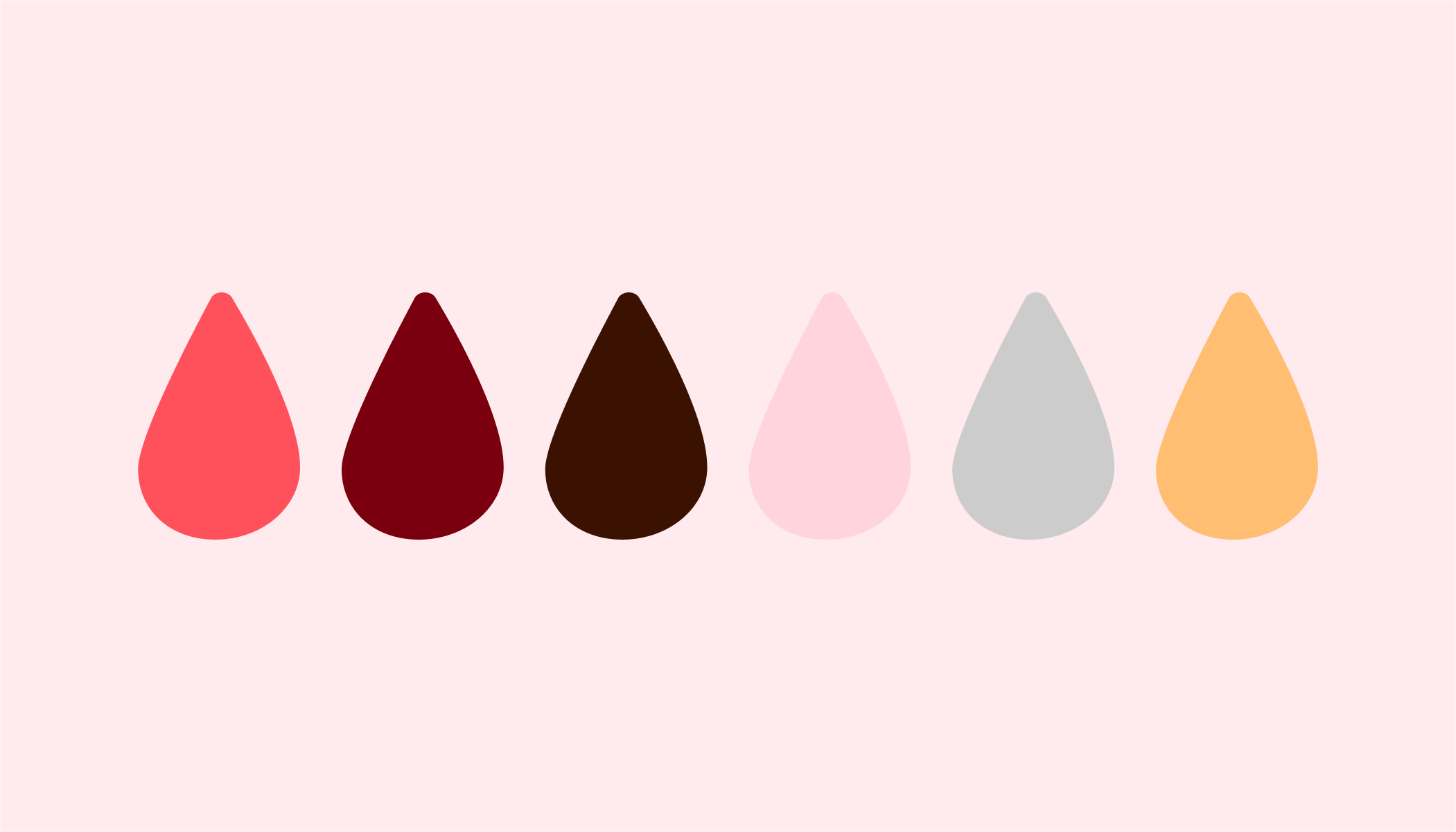
Bright Red Period Blood Color
When your period blood is bright red, it means that it passed through your vagina fairly soon after entering your uterus. You’re most likely to see bright red blood at the start of your period.
Why Is My Period Blood So Dark?
During the weeks following childbirth, brown blood is also typical. Lochia is the term for postpartum hemorrhage. But occasionally:
- Pregnancy may be indicated early by dark red or brown blood.
- A vaginal obstruction could be indicated by black blood.
Consult your healthcare professional if these colors seem strange or out of the ordinary to you.
Why Is My Period Blood Black and Thick?
You may have thick, sticky menstrual blood or thin, watery blood. Thick and sticky discharge is typically dark, while thin and watery period blood is typically pinker. At the end of your cycle, these consistency shifts are typical. This is because the majority of the endometrial tissue has already departed. Because the uterine lining tends to thicken up less as menopause approaches, the thickness of your period blood is likely to change. This also frequently occurs when stress or excessive activity alters your hormones.
Jelly-Like Blood Clots During Period: Is It Normal?
There may be some clots in period blood. Tiny blood vessels may be damaged when the endometrium separates from the uterine wall during your period. To slow down the bleeding, clots form as they bleed. Your menstrual blood then passes them out. Additionally, as hormonal changes indicate the end of your period and the lining begins to re-form, clots may occur.
Blood clots during periods are often small. Inform your healthcare doctors if their diameter exceeds one inch. Heavy menstrual bleeding may be diagnosed by them.
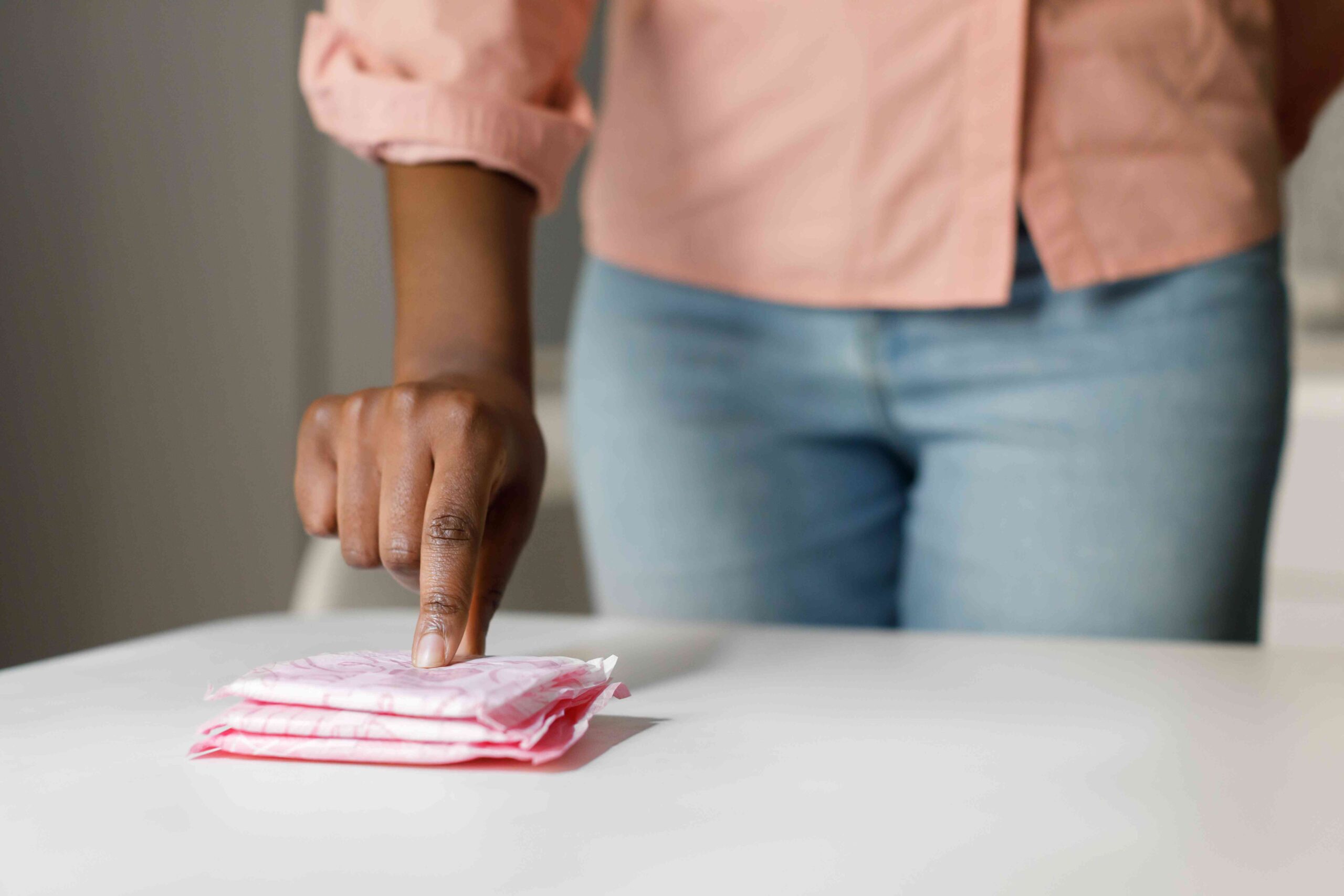
Summary
Many activities might be impacted by heavy periods, which can also leave you feeling worn out. Additionally, the actual bleeding may be uncomfortable or unpleasant. However, there are strategies to deal with it more effectively in everyday life. For example, you may use a sanitary pad, tampons, or a menstrual cup, or you could make sure you’re constantly near a toilet on days when the bleeding is severe. Having a few extra feminine products on hand at work or in your wallet can be a smart idea. If you’re concerned about having bloodstains on your clothes, wearing dark skirts or pants may serve.
Read Also: What Are the Top 10 Symptoms of High Blood Pressure?
References
Thiyagarajan, D. K., Basit, H., & Jeanmonod, R. (2024). Physiology, menstrual cycle. In StatPearls (updated September 27, 2024). StatPearls Publishing. Retrieved from https://www.ncbi.nlm.nih.gov/books/NBK500020/.
Giuffrè, G., Di Rosa, L., & Fiorino, F. (2007). Changes in color discrimination during the menstrual cycle. Ophthalmologica. Journal international d’ophtalmologie. International journal of ophthalmology. Zeitschrift fur Augenheilkunde, 221(1), 47–50. https://doi.org/10.1159/000096522.
Institute for Quality and Efficiency in Health Care (IQWiG). (2021). Overview: Heavy periods. In InformedHealth.org. Cologne, Germany: Institute for Quality and Efficiency in Health Care (IQWiG). Retrieved from https://www.ncbi.nlm.nih.gov/books/NBK279294/

